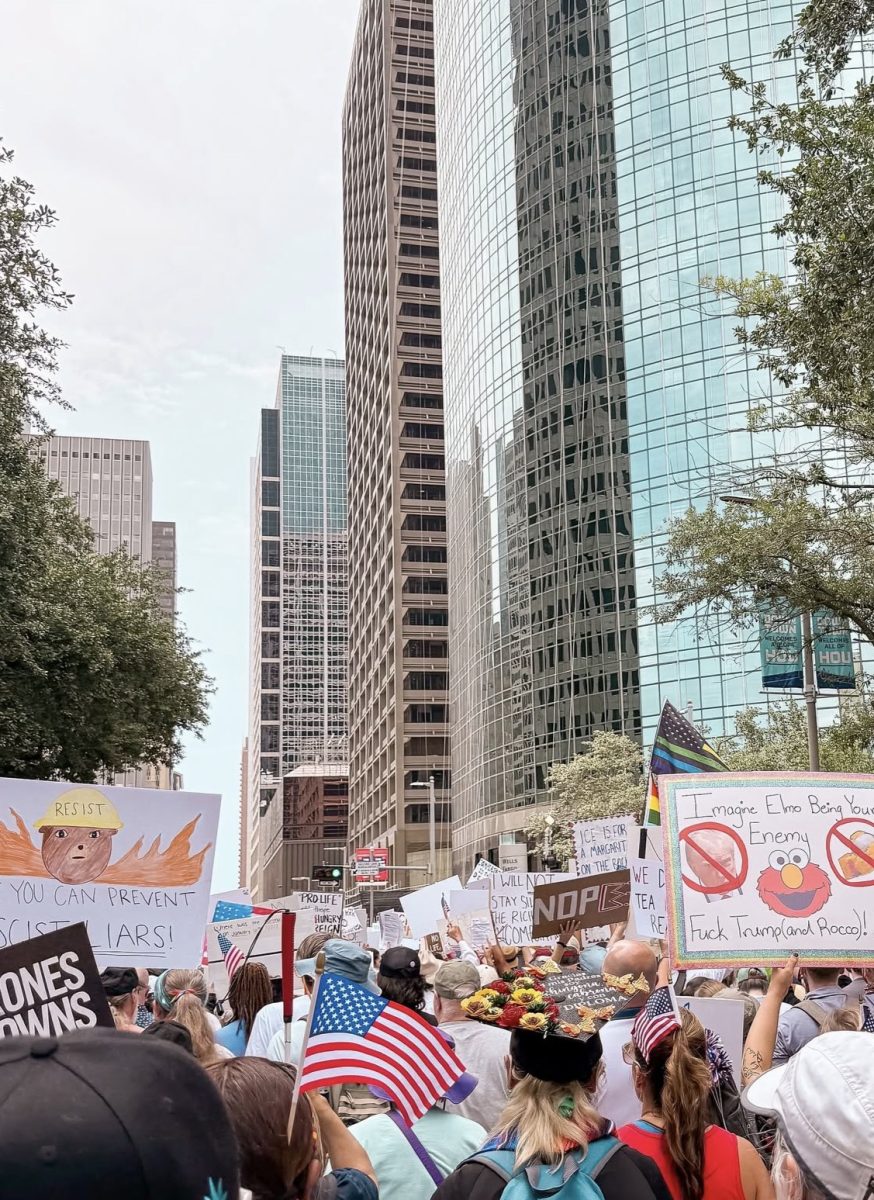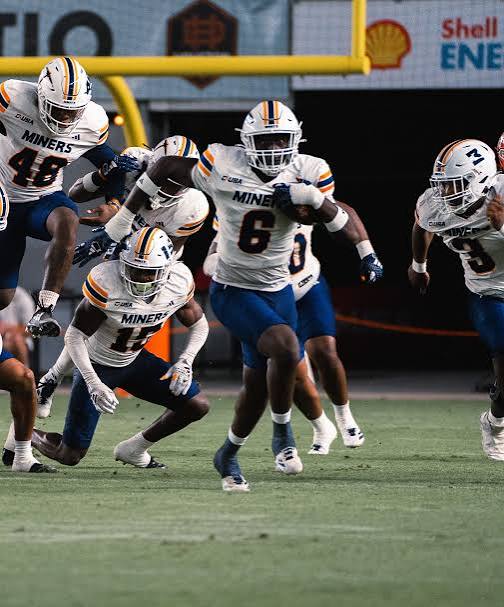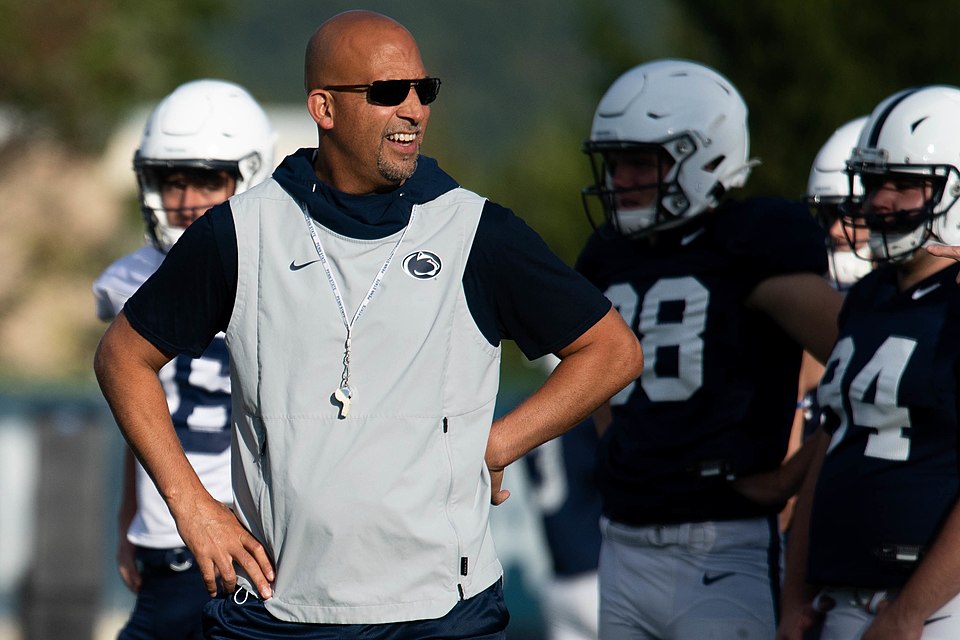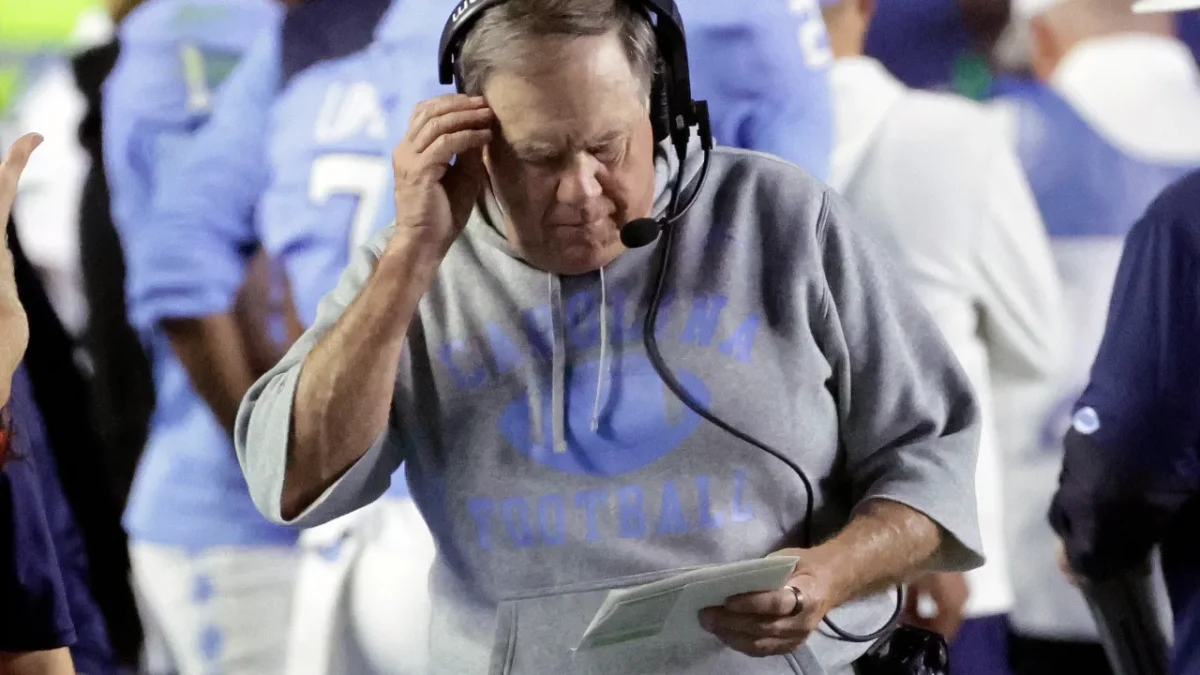Texas was a cinematic powerhouse. With films like Boyhood and No Country for Old Men, we’ve been a part of movies that have been staples of this generation. In recent years, productions have packed their bags and headed elsewhere, mainly to Georgia and New Mexico, leaving Texas’ once vibrant film industry on a blank screen.
The main culprit is the lack of competitive tax incentives for film and TV productions. Money- in plain words. Lawmakers are attempting to fix it all now.
Texas legislators introduced House Bill 3600 and Senate Bill 1613 to supercharge the state’s film incentive program in 2025. These bills proposed expanding the state’s grant-based incentive program to offer more significant rebates and extend eligibility to producers in rural communities. The goal is to make Texas competitive again in comparison to Georgia’s 30% transferable tax credit or New Mexico’s generous rebate program.
The Texas Film Commission grants up to 22.5% on qualifying in-state expenditures. But that is nowhere in the ballpark of our neighboring states, especially considering the neighboring states are almost handing the cultural love letter on their soil.
This is a cultural issue. Jobs, caterers, drivers, and small businesses leave when production does. Cities like Austin and Houston are not only losing revenue, but they’re also losing identity. The stories told here are part of the fabric of our culture. When those stories go elsewhere, we lose more than just money.
Something is empowering about telling stories on your home turf. It means emerging Black, queer, Latinx voices don’t have to relocate to LA to get their projects off the ground. It means a young person from Fifth Ward in Houston or the outskirts of Austin can intern on an actual set without uprooting their life. Cities argue that incentives waste taxpayer dollars, but the numbers don’t lie. According to a study from the Texas Film Commission, every $1 granted has generated over $5.
If these bills pass, we could see a creative and economic revival across Texas. Not just in Austin but in places like El Paso, small towns, and Houston might finally get a second look.

























